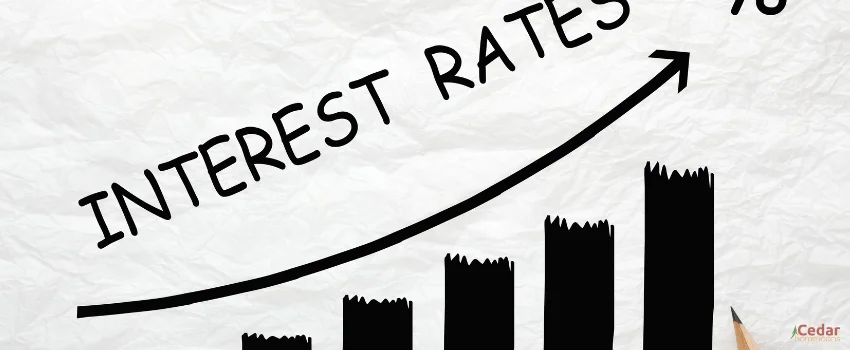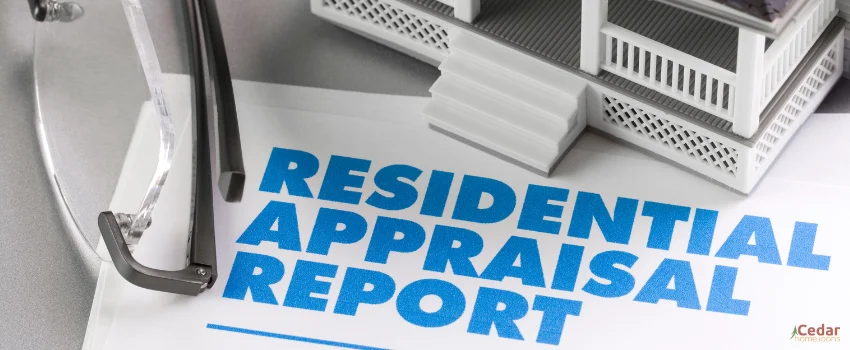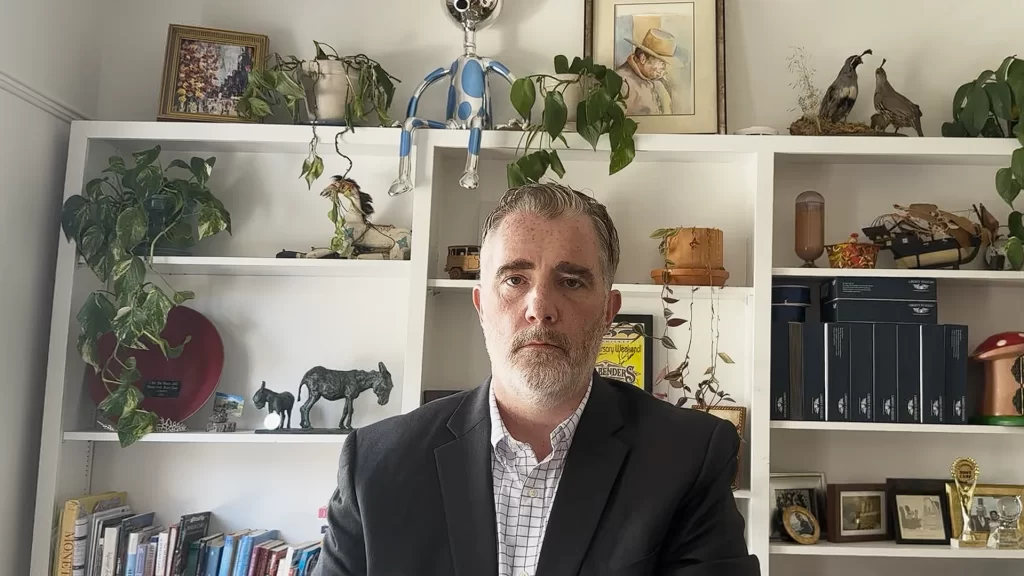Refinancing your mortgage could be beneficial if it saves you money or makes it easier to pay your monthly bills.
Like when you first acquired a mortgage, one of the first things you’ll need to do when refinancing is to find a mortgage lender. Once you have decided on a particular lender, it’s time to discuss your short-term and long-term financial objectives with your lender to determine which home refinance plan will help you the most.
There are several factors to consider before deciding on a lender and determining whether to pursue a mortgage refinance in Colorado. For a better idea of what to expect during a refinance, let’s look at some of the most crucial refinance FAQs you and your lender should discuss.
What Is Home Refinancing
When you refinance, you exchange or trade in your current mortgage for a new one with potentially different or lower rates, terms, fees, or lenders. When the refinance deal is complete, the principal uses the new mortgage to “pay off” the original mortgage. This means that the borrower only has one loan to pay off and this loan has more favorable terms and conditions.
If you refinance your mortgage, you can cut your monthly payments, shorten the term of your loan, or use the equity you’ve built up in your house for other purposes. In this article, we’ll answer the most common home refinance FAQs to help you evaluate if refinancing is right for you.
8 Home Refinance Questions You Should Ask
1. How soon can I apply for a home refinance?
Generally, you’ll have to wait anywhere from six months to a year after your initial purchase or previous refinance, before you can apply again. It’s a good idea to contact the loan servicing department that helped you get your existing loan to ensure you won’t incur any fees if you decide to refinance.
The expense of home refinancing is another factor to consider. If the only thing keeping you from refinancing is the desire for a lower interest rate than what is on offer, it may be time to reconsider. When engaged in a home refinance, it is often more cost-effective to accept the lower interest rate on offer than wait for your desired lower rate.
2. Is it correct that I should only refinance my mortgage if the interest rate drops by 1%?
The standard guideline for home refinancing is 2%, but some loans can range from 0.5% to 2%, etc. Some people in Denver and Boulder have mortgages for over a million dollars, while others have mortgages of one hundred to two hundred thousand dollars. As such, only a few percentage points can make a big difference when applied to mortgage refinancing.
In addition, no-cost and low-cost refinancing options are also available, and these allow you to recoup your initial investment in a shorter time.
3. Is it true that I can refinance my mortgage at “no cost?”
There are expenses connected with any mortgage loan transaction, including home purchases and refinancing. For example, various services, such as appraisal, loan origination, underwriting, credit report, title insurance, processing, and notary, must be paid for.
The good news is that you can structure your refinance loan to incur no or minimal closing charges. You can take out a loan with a higher interest rate, wherein the lender will pay the charges associated with obtaining the new mortgage, or you can finance them into the new loan amount. The typical surcharge ranges from 3.75% to 0.50% and is used to pay those extra expenses.
4. Can I evaluate the proposed payment against my present one to determine if it’s a good deal?
You can do the math and see if you are saving money every month by comparing separate monthly payments, but keep in mind that the amortization periods of your current and new loans could be different.
Nonetheless, assuming all other qualifications for refinance are the same, including the interest rate, loan amount, and payment; in that case, you will experience monthly savings and may put that money toward better use.
5. Will I be automatically qualified?
No, you’ll need to meet the same home refinance requirements for a refinancing loan as you did for the initial loan or any prior home refinancing. Some loan programs, such as the FHA Streamline refinance and the VA Streamline loan, do not require proof of employment or income to approve borrowers.Both of these mortgage refinancing options are comparatively simple to access.
6. If I’m pursuing a home refinance, will I require an appraisal?
If you’re talking about a regular, traditional loan, then yes. In refinancing with a government-insured loan (such as an FHA or VA loan), an appraisal is not necessary if the cash back at closing will be at most $500. However, for conforming loan amounts with anticipated loan-to-value ratios of 80% or less, an appraisal waiver may be granted in some cases.
7. Does it matter if I have bad credit if I want to refinance?
No, but there are attached stipulations. You can still get a refinance loan even if your credit isn’t great, but you’ll need to show that you’re saving enough money to justify the process. Remember that the higher your credit score is, the better the interest rate you will receive on refinance loan.
8. Is refinancing with my current mortgage company easier?
Perhaps, but not necessarily. Occasionally, your present lender will have copies of your important financial documents, reducing the number of documents you submit. However, the procedure and timeline for completing your loan are comparable across the board. Although it is a new loan, the process stays the same.
Furthermore, you can choose any mortgage lender to refinance your mortgage. You are not required to contact or use the same lender who provided your initial loan.
Conclusion
Borrowers that are eligible for a home refinance typically find the process to be beneficial. Refinancing is a big decision, so ensure you have answers to relevant questions like those mentioned here before committing. Consider this FAQ guide as a reference to help you in making informed decisions regarding this matter. This way, you will be prepared for everything that may occur during the refinancing procedure.
Make informed financial decisions with Cedar Home Loans.
Home refinance is a significant life decision. If you work with a reputable lender, you can engage in the process with realistic expectations, understand the refinance rates in Colorado, and gather all the necessary paperwork in advance. Doing this gives you a hassle-free refinancing procedure and lots of savings. Call us now!






